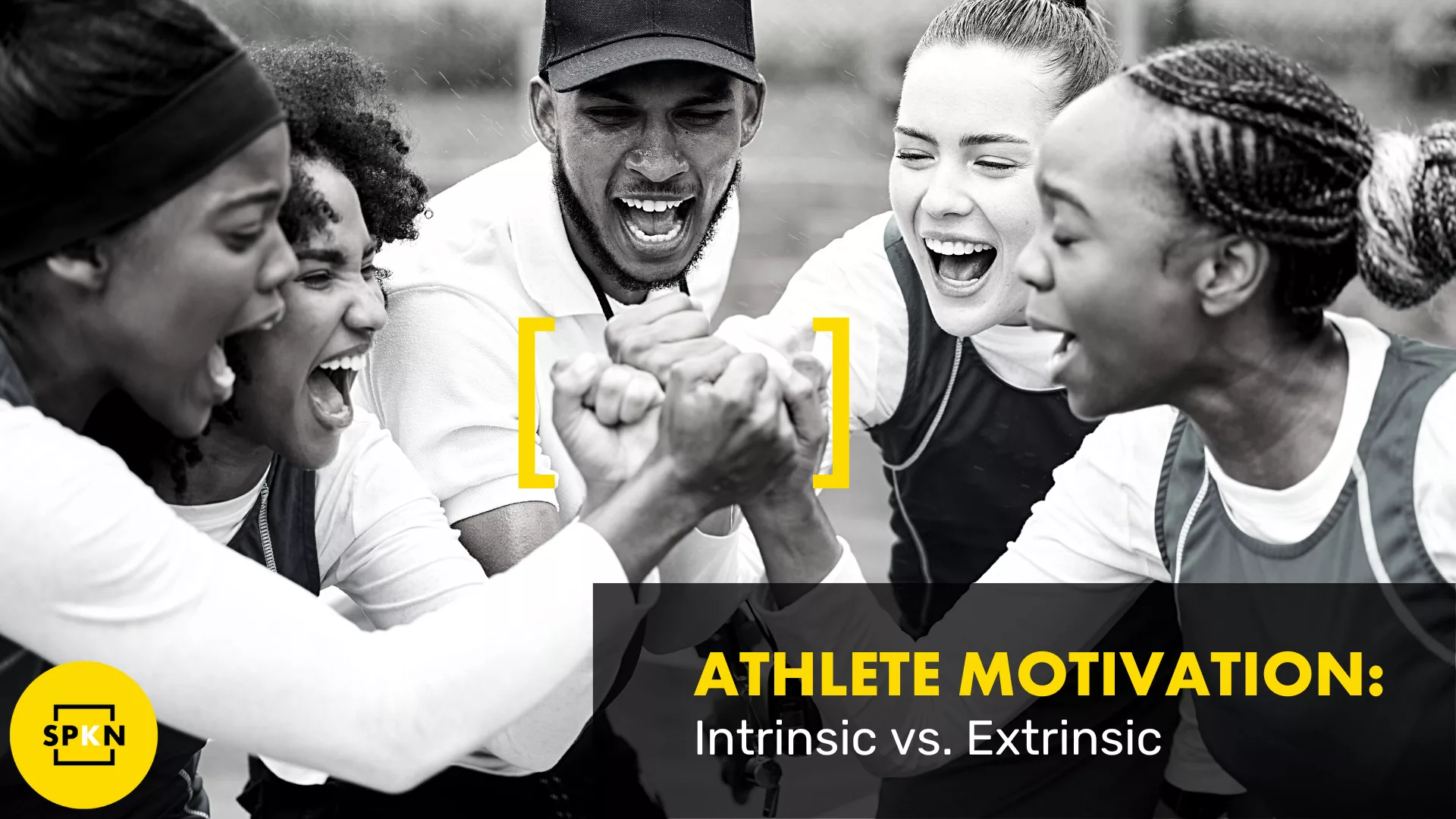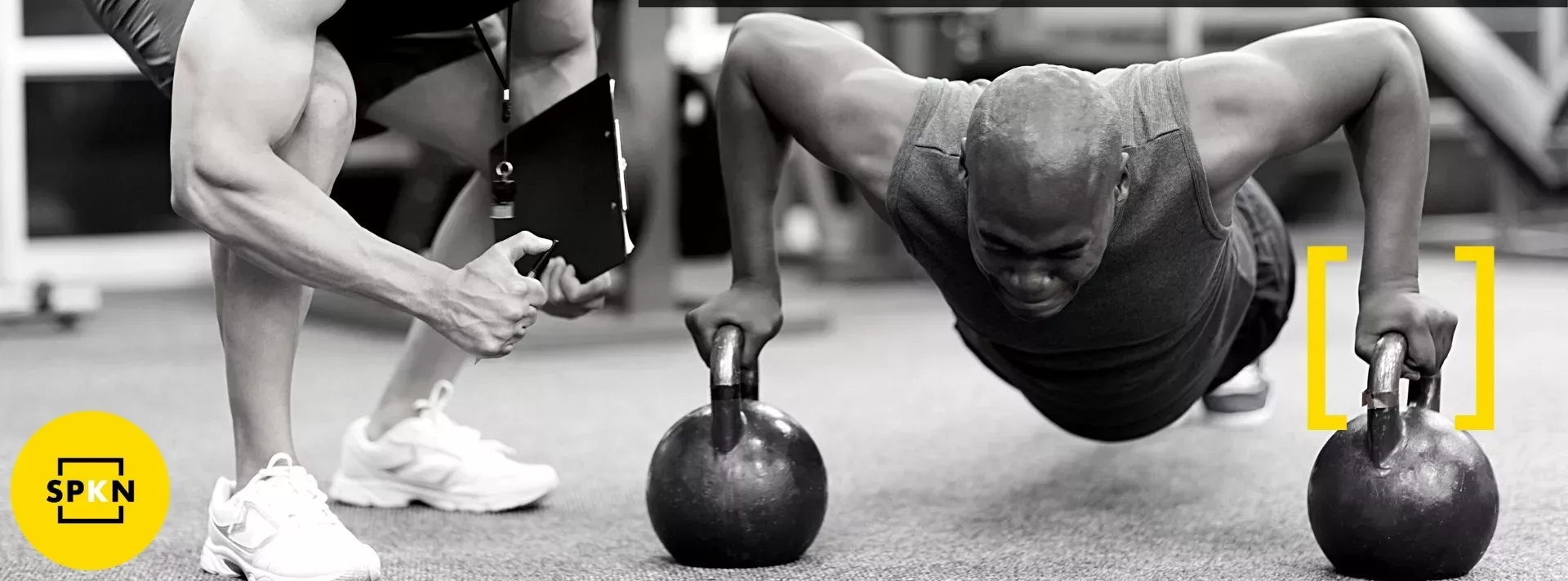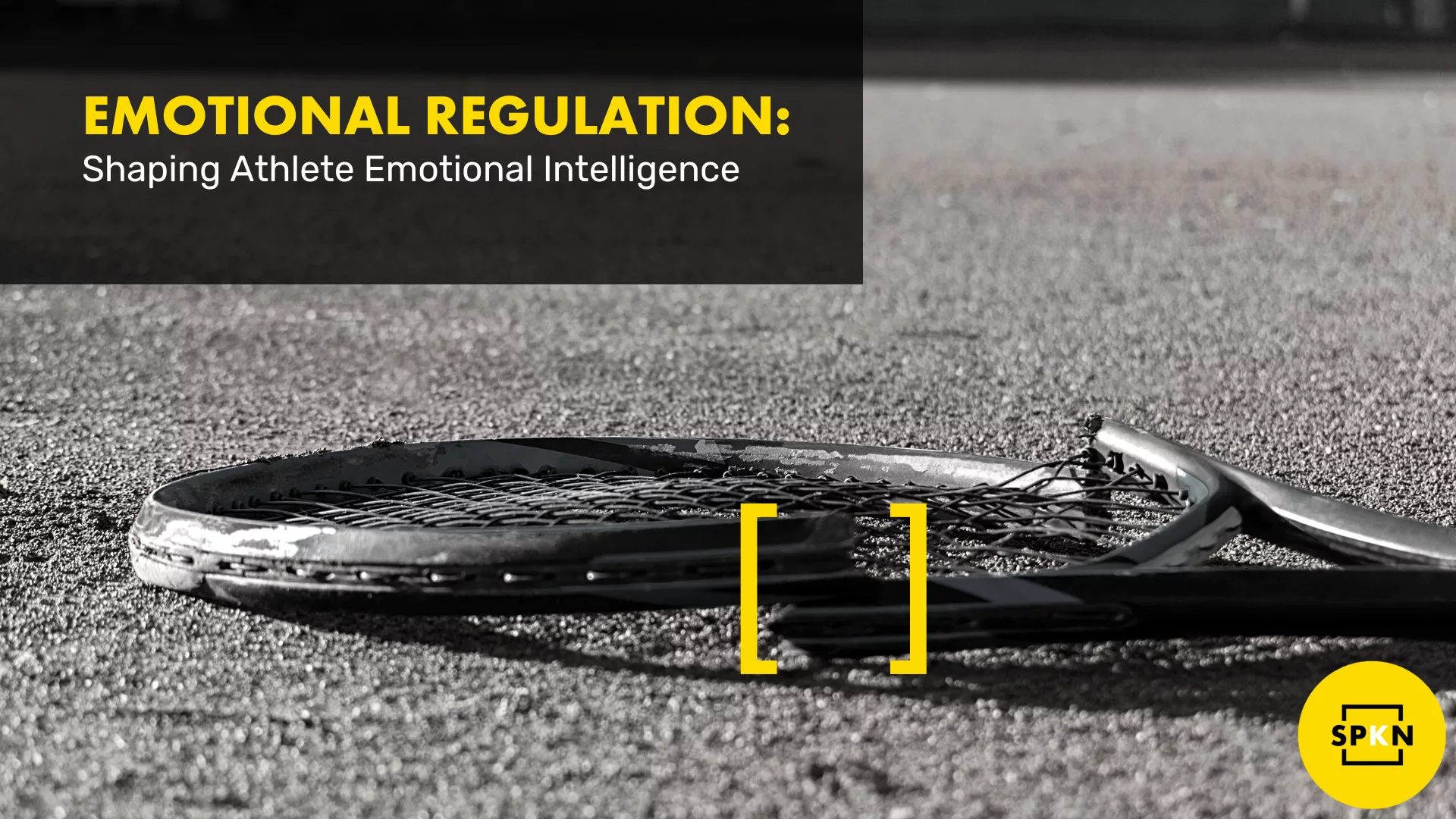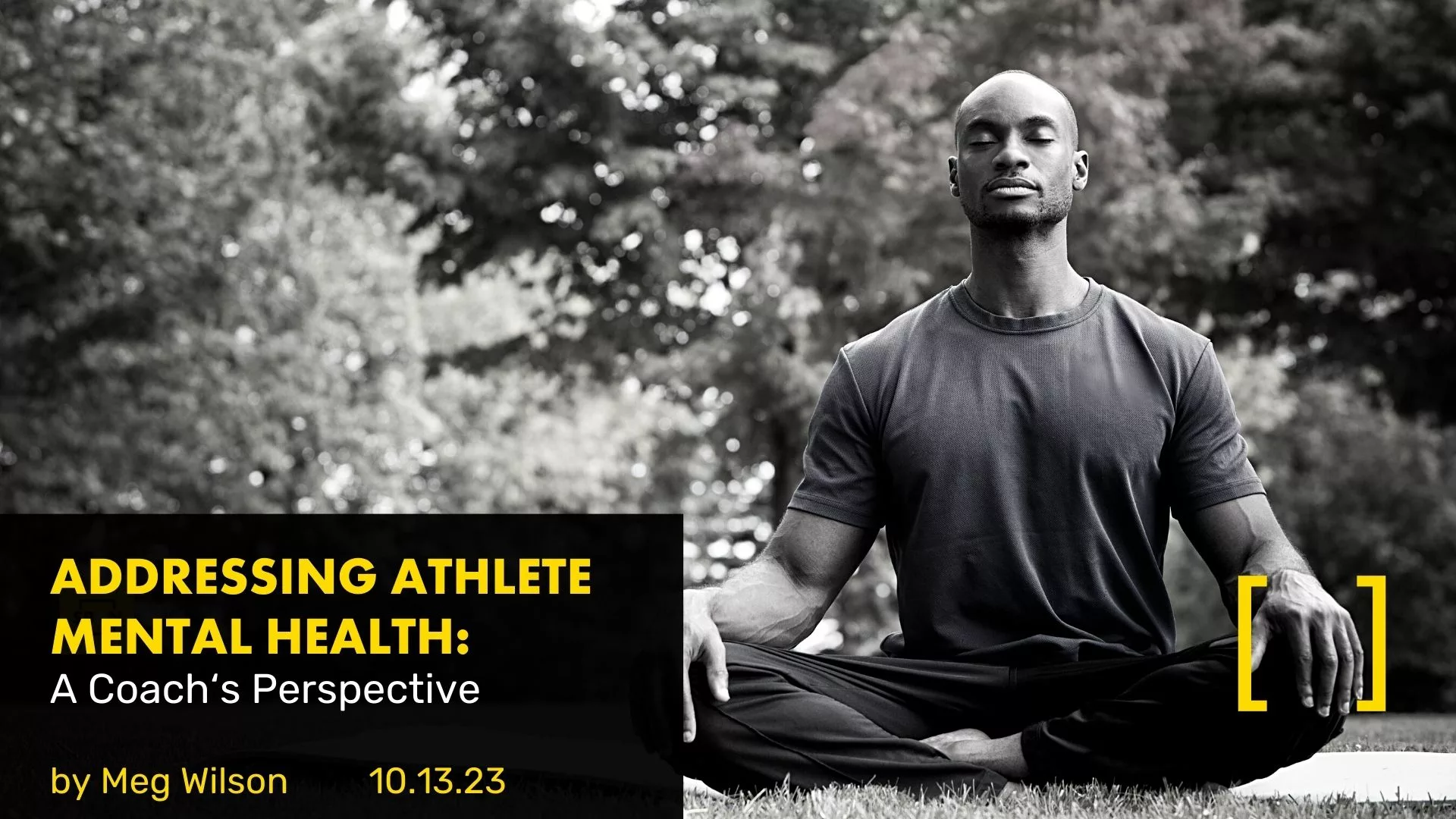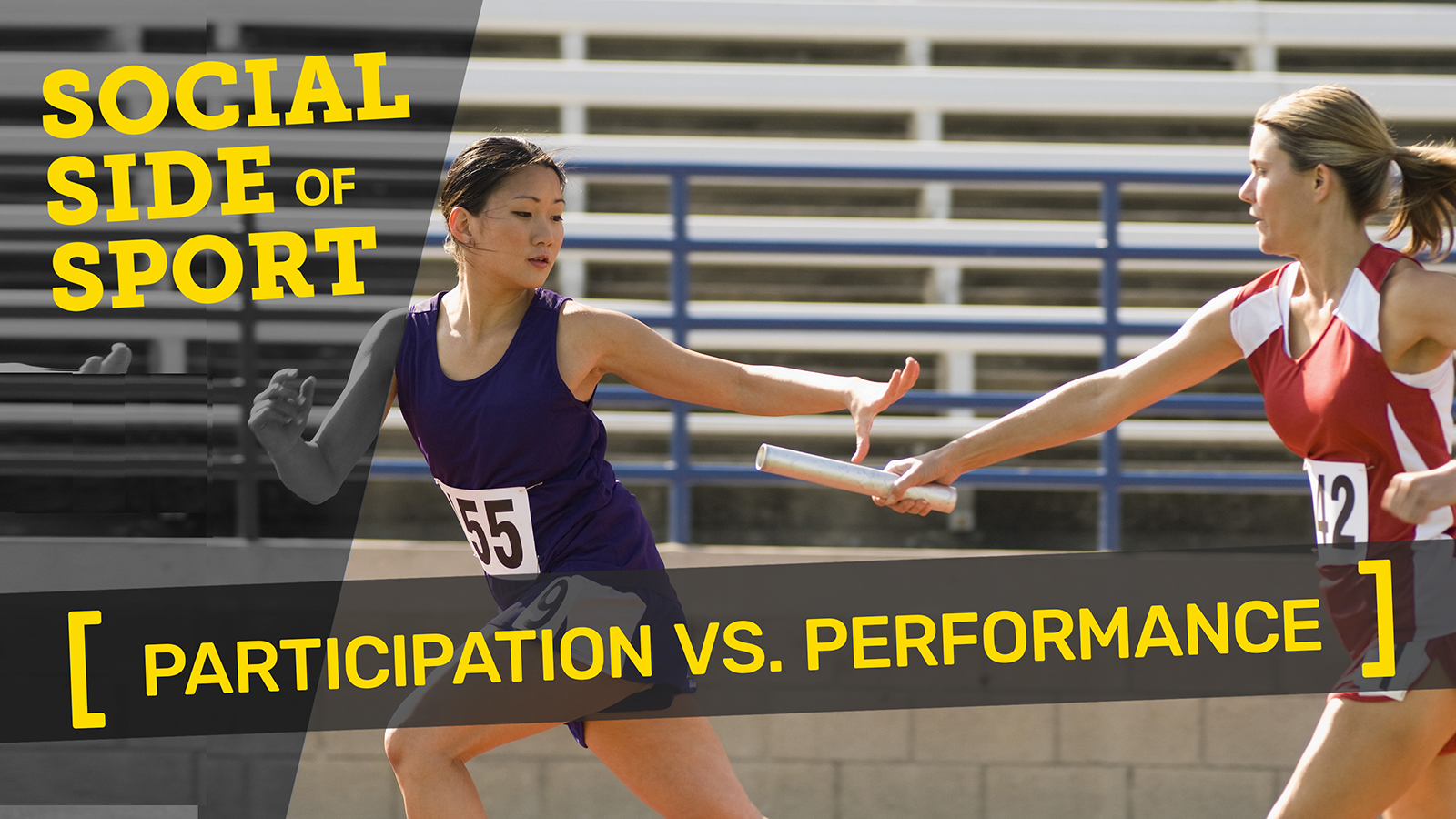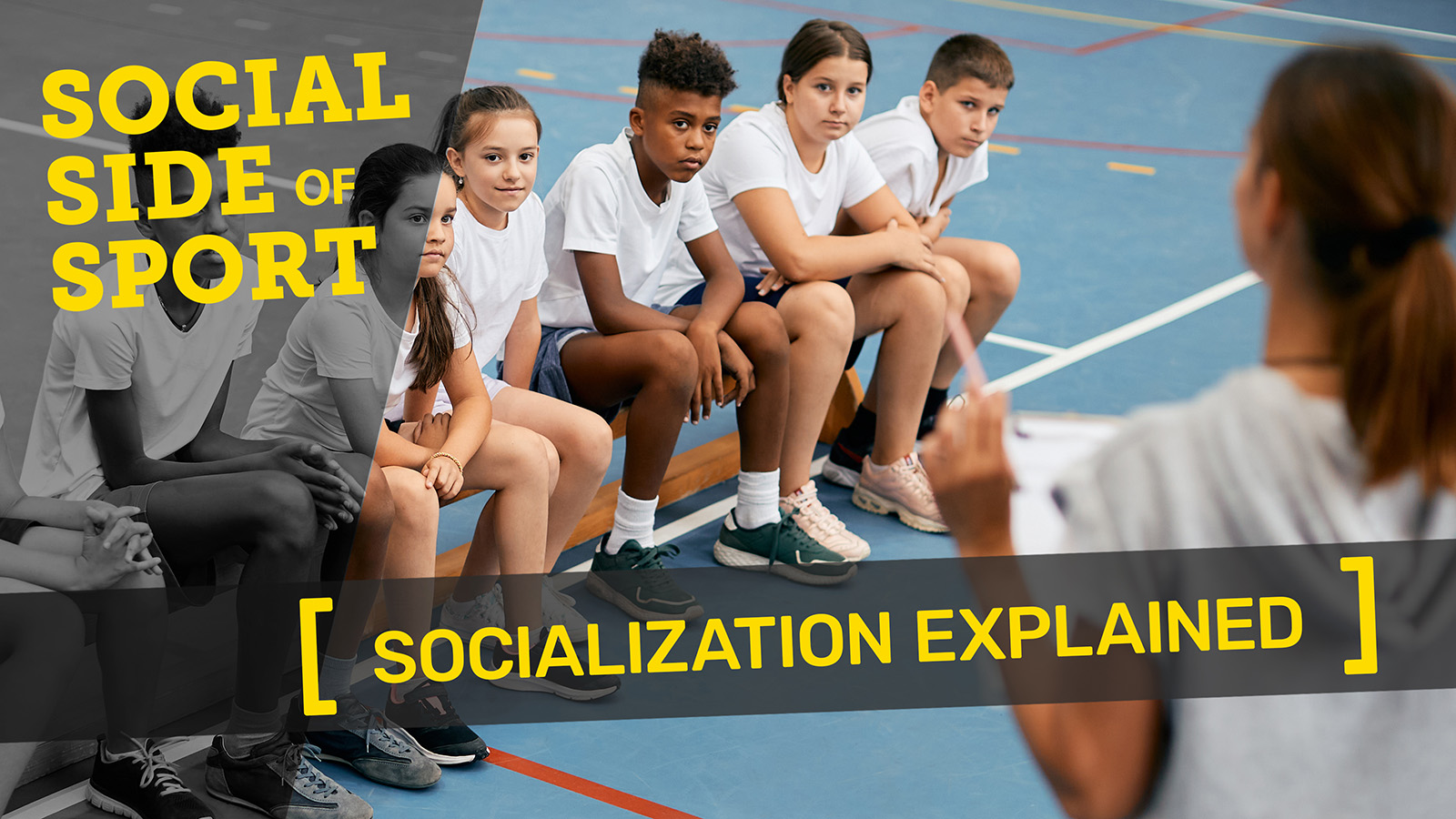As coaches and sports leaders, the holistic development of our athletes is our primary concern. Mental health plays a crucial role in their overall well-being. This piece aims to shed light on prevalent mental health issues among athletes, emphasizing the unique stressors they encounter.
Understanding Athletes’ Unique Mental Health Challenges
Despite their physical capabilities showcased in sports, athletes are not immune to mental health challenges. The evolving nature of sports, increasingly resembling a professional model even at youth and collegiate levels, amplifies pressure on athletes. This societal shift means the old adage “it’s just a game” no longer holds true.
Recognizing the intensity of this pressure, whether internal or environmental, is essential. In my clinical practice, discussing how sports can become a threat to an athlete’s identity or self-worth has been a powerful tool. When athletes understand their fear responses (e.g., fight, flight, or freeze) as natural reactions to perceived performance threats, it creates a space for them to understand and adapt. It’s critical to realize the profound impact of professional sports culture infiltrating youth and academic levels, often perceived by athletes as a significant threat.
The Reality of Mental Health in Sports
In general, participation in sports is widely accepted as a great vehicle for individual growth and development. This development is not only in physical and athletic areas but in personal, emotional, and social aspects as well (Sarkar & Fletcher, 2014). However, while sports have the ability to nurture talent and foster “character”, we must also acknowledge and recognize the facets of sports that make athletes susceptible to mental health difficulties.
Common Mental Health Issues in Athletes
1. Anxiety
Anxiety can manifest in athletes primarily as performance anxiety or generalized anxiety. These can stem from the perceived need to always perform well or persistent excessive worry due to fear of failure or disappointing others (Gervais, 2023). The constant evaluation by coaches, teammates, and others can escalate this pressure. Here are a few behavioral signs an athlete might exhibit if their anxiety is becoming disruptive or something to be concerned about.
2. Depression
The dedication required to excel in sports often necessitates sacrifices that can lead to isolation or loneliness – common precursors for depression. The rigorous training schedules and travel commitments can inadvertently lead to social isolation.
COMMON BEHAVIORAL SIGNS FOR ANXIETY AND DEPRESSION IN ATHLETES
- The athlete starts to come up with reasons not to attend training sessions or competitions, including previously undisclosed injuries.
- Significant changes in the athlete’s sleep and eating pattern and routine.
- Excessive amount of time training because the athlete expresses need to be perfect.
- Noticeable changes in the athlete’s ability to pay attention during practice, competitions, or team meetings, typically leading to decreased performance.
- Seemingly unprovoked irritability and mood swings before or after a training or competition.
- Socially withdrawing from family, friends, and teammates. The isolation is most likely due to fear of judgment or shame (feelings of inadequacy).
- Substance misuse
3. Burnout
There is a delicate balance between maintaining physical and mental fitness and not tipping over into the realm of overtraining, excessive competition, and insufficient recovery. If this balance is disturbed, the athlete’s body, mood, performance, and emotional state could be at risk (Madigan et al., 2022). Burnout is the physical, emotional, and social withdrawal from a formerly enjoyable sport activity.
COMMON SIGNS FOR BURNOUT IN ATHLETES
- Constant fatigue, even after full night of rest
- Overwhelming amount of exhaustion from training and competition
- The athlete becomes resentful of the sport, teammates or competition
- The athlete expresses complete disinterest in the sport that they previously expressed admiration for
- Experiences lower achievement in the sport than previously demonstrated
- Feeling their performance is insignificant to them or their team
4. Eating Disorders
Many sports have a requirement for athletes to maintain a certain weight or body composition. The pressure to maintain a certain body weight for performance reasons can contribute to unhealthy eating habits such as restricting, purging, and/or binging (Bratland-Sandra & Sundgot-Borgen, 2012). An important aspect to review with an athlete is making sure that energy burned is equivalent to energy consumed. The prevalence of eating disorders is on the rise and seems to only be increasing, specifically for athletes. In 2018, the NCAA estimated about 25% of college female athletes exhibited symptoms for disordered eating. Beyond the pressure to maintain a certain body weight for performance, another driving force linking eating disorders and athletes is the similarity in traits, see for yourself:
| Desirable Traits of An Athlete | Common Traits of an Individual with an Eating Disorder |
| Mental toughness | Extreme self-discipline |
| Commitment to training | Excessive exercise |
| Pursuit of excellence | Perfectionism |
| Coachability | Over-compliance |
| Teamwork | More concern with needs of others |
| Keeping competing despite pain | Denial of discomfort |
➡️ For more insights on this and other topics, visit www.SPKNmedia.org.
Don’t miss future issues of the SPKN Knowledge Nugget – SUBSCRIBE TODAY.
Resources:
- Gervais, M. (2023). The first rule of mastery: Stop worrying about what people think of you. Harvard Business Press, Cambridge, MA.
- Madigan, D., Olsson, L., Hill, A., & Curran, T. (2022). Athlete burnout symptoms are increasing: A cross-temporal meta-analysis of average levels from 1997 to 2019. Journal of Sport & Exercise Psychology, 44, 153-168. doi:10.1123/jsep.2020-0291
- Sarkar, M. & Fletcher, D. (2014). Psychological resilience in sport performers: a review of stressors and protective factors. Journal of Sports Sciences, 32(15),1419-1434, doi: 10.1080/02640414.2014.901551
- Bratland-Sandra, S., & Sundgot-Borgen, J. (2012). Eating disorders in athletes: Overview of prevalence, risk factors, and recommendations for prevention and treatment. European Journal of Sport Science, 13, 499-508.







